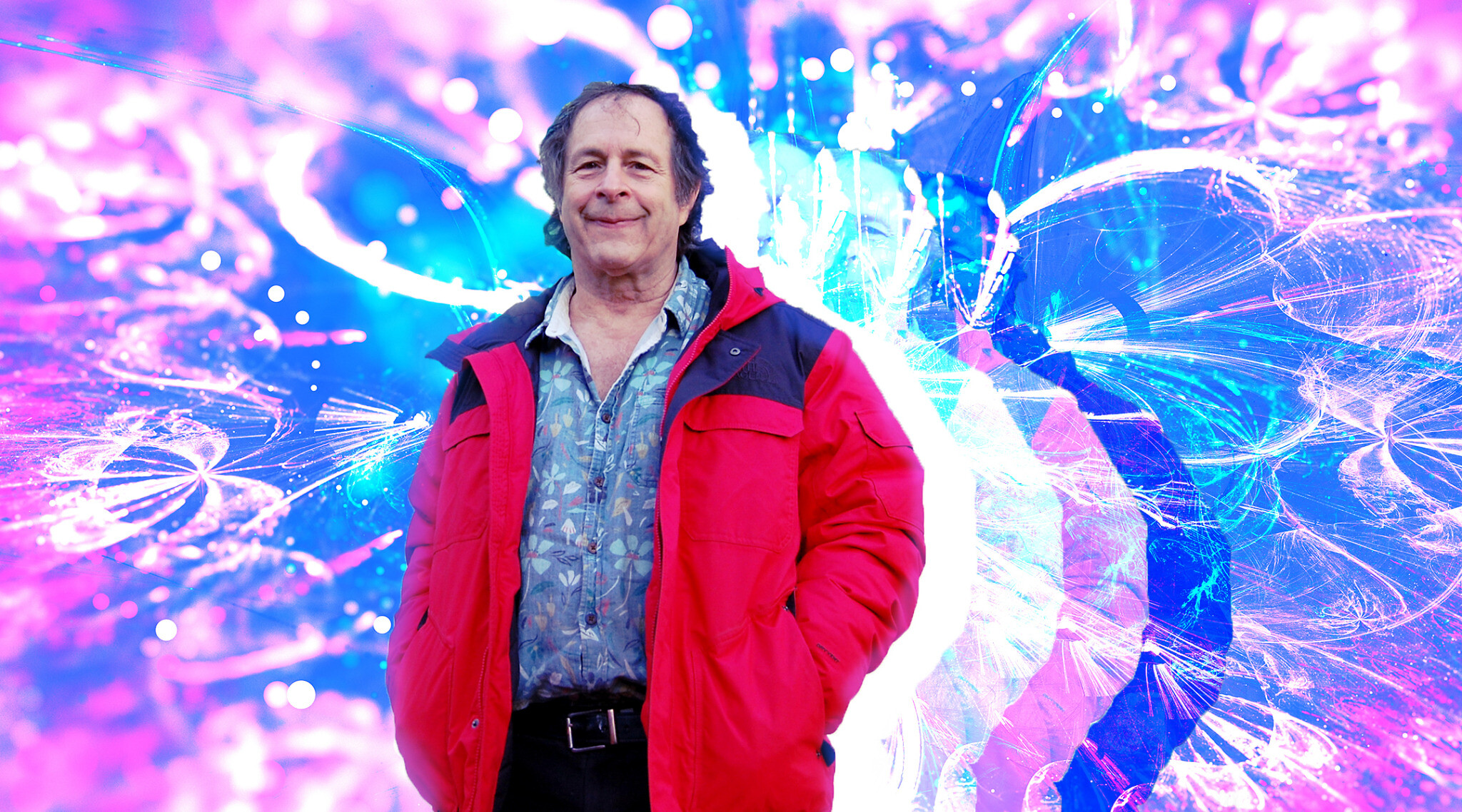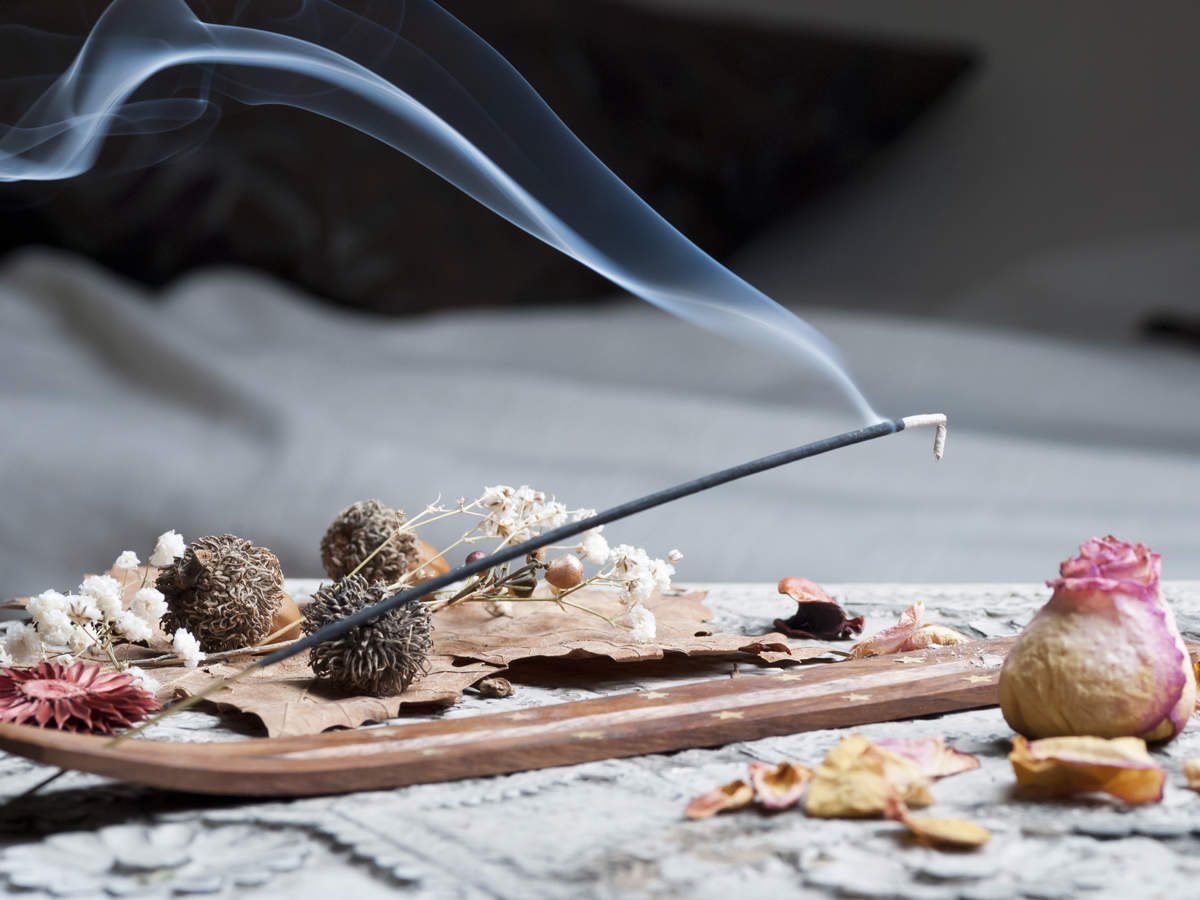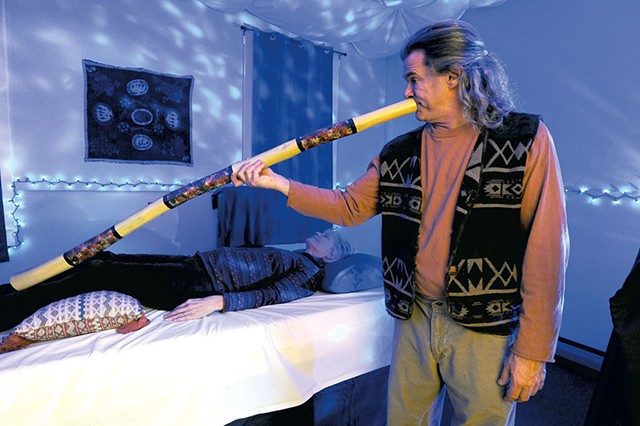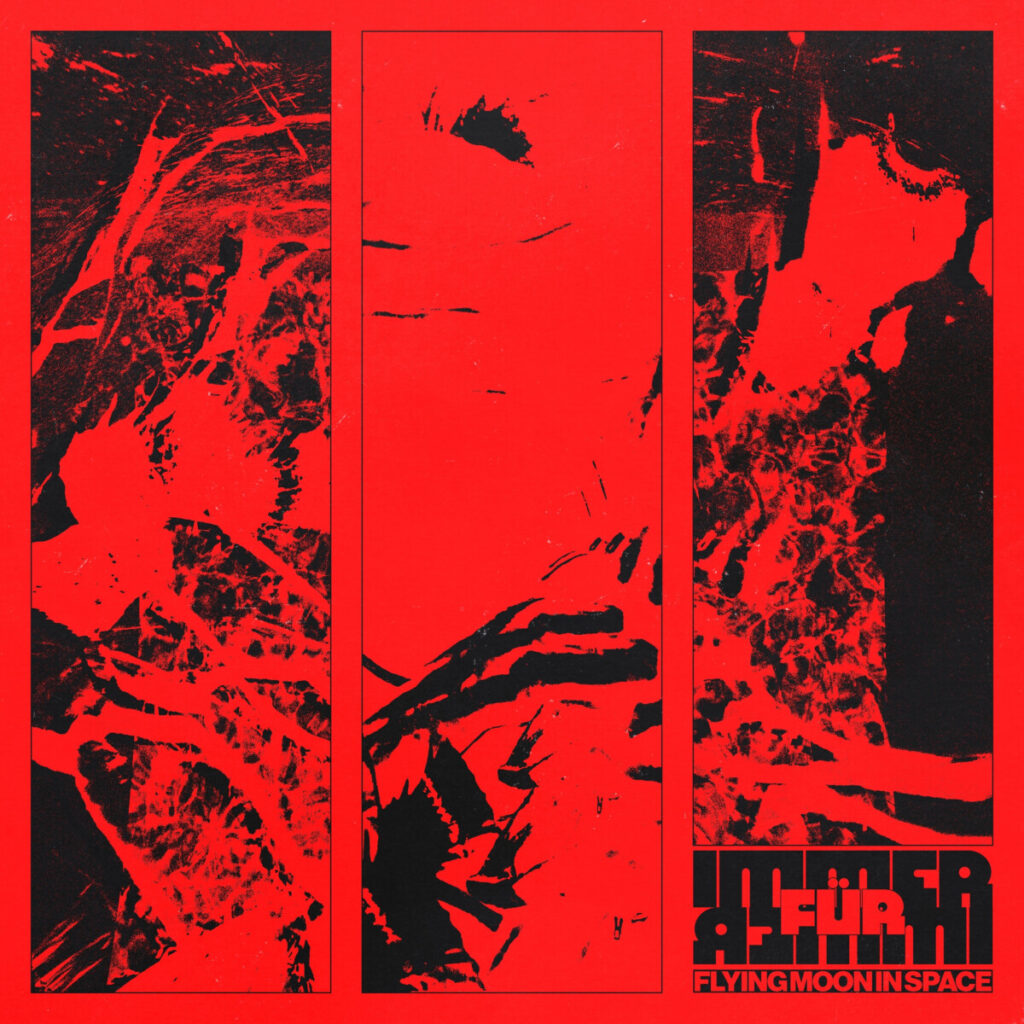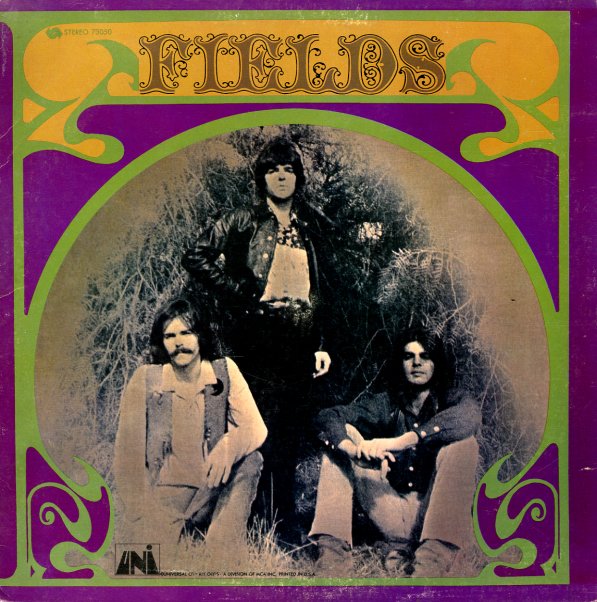The Healing Beauty of Ecstasy (MDMA)
The Healing Beauty of Ecstasy (MDMA)
On a cold morning in February of 2021, I was sitting in a pleasant, brightly lit coach house devoid of furniture except for two chairs near the entrance, the one I was sitting in, and the other, supporting my facilitator, and a foam mat in the center of the floor. My heart was thumping as I took in the room, knowing what I was about to do. There were a few sacred objects mindfully placed at the far end of the mat. Sun streamed in through the windows.
Today would be only the second time I had experienced a psychedelic trip and the first time I tried Ecstasy.
Fast forward to today, I can say from substantial experience that MDMA is a beautiful molecule capable of supporting great mental and emotional healing. I don’t know where the nickname Molly came from, but it’s called Ecstasy for a good reason. I have journeyed with MDMA in thirteen high-dose ceremonies by the time of writing, and I love it!
Magic mushrooms and ecstasy, with their healing potential and much higher safety profile, are illegal while millions suffer from a myriad of poorly treated mental health conditions.
For context, I’m a woman in her 50s who never experimented with drugs growing up. I was firmly stuck in the War on Drugs mentality. The egg-in-the-frying-pan commercials and Nancy Reagan’s Just Say No campaign, along with my parents’ admonitions, had done their job on my impressionable teenage mind. Plus, as someone who had experienced sexual assault, the idea of being out of control was terrifying.
So… what am I doing talking about Ecstasy?
After thirty years of frustrated attempts to feel better, I heard about psychedelics not in the context of ‘dropping acid’ as the ‘druggies’ at my high school did, but in the context of healing from trauma and becoming happier, more functional, and more successful.
I use quotes for those labels because, after a couple of years, I’m embarrassed at my previous ignorance and judgments! In a world where opioids and alcohol are killing hundreds of thousands of people every year, but are fully legal, magic mushrooms and ecstasy, with their healing potential and much higher safety profile, are illegal while millions suffer from a myriad of poorly treated mental health conditions, something is out of whack.
Happily, many clinical studies and a proliferation of personal anecdotes are changing this perspective.
Disclaimer: I am not a doctor or medical professional of any kind. From what I have discovered as a layperson, MDMA is quite safe when used mindfully and in the proper context, but DOES carry some risks, including the potential of impure drugs, dehydration, cardiac stress, and lowered personal boundaries. The molecule itself is not addictive but, because it feels so damn good, one could become emotionally dependent on it. Also, psychedelics are contraindicated for anyone with schizophrenia.
Please, DO YOUR OWN RESEARCH.
So… what is ecstasy?
Here’s the definition ripped directly from Wiki:
3,4-Methyl enedioxy methamphetamine, commonly known as ecstasy; and molly or mandy is a potent empathogen–entactogen with stimulant properties primarily used for recreational purposes. The desired effects include altered sensations, increased energy, empathy, and pleasure.
The molecule itself is not addictive but, because it feels so damn good, one could become emotionally dependent on it.
MDMA is often grouped with psychedelics but is in a different class. MDMA users don’t typically see visions, as with classic psychedelics like psilocybin (magic mushrooms) or LSD.
Yet, when on ecstasy, you enter an altered or “non-ordinary” state of consciousness and somatic experience. I call it “being in the bubble”.
The most famous context for using “X” may have been recreational (e.g., the dance rave scene of the 90s). But before it ‘escaped the lab’, MDMA was used as a helpful adjunct to talk therapy. Now, its therapeutic properties are the subject of numerous clinical studies, one series of which is in the final confirmatory stage. It is also the first psychedelic approaching FDA approval as a medicine.
The study is MDMA-Assisted Psychotherapy for the treatment of PTSD.
Rick Doblin, the Founder and Executive Director of MAPS (the Multidisciplinary Association of Psychedelic Studies), and a pioneer in the field, describes MDMA this way:
“MDMA increases the release of serotonin and oxytocin, which are the neurotransmitters of empathy, trust, and connection. It also decreases activity in the amygdala, which is the fear center of the brain. As a molecule, MDMA allows us to access trauma without being overwhelmed by fear and to access the compassion, the self-acceptance, the sense of safety and trust, and the ability to feel the love that’s necessary for healing.”
Rick Doblin photo courtesy of Ben Harris/ illustration by Grace Yagel/ JTA
Because of these healing properties, Rick Doblin has been working tirelessly for nearly forty years to get MDMA approved by the FDA. One of the biggest hurdles is that this is a whole new approach to healing. As opposed to prescribing a drug that one takes at home, MDMA is meant to be used as an adjunct to therapy.
Rick Doblin: “It’s not just MDMA itself that the FDA has designated as a breakthrough, it’s MDMA-assisted psychotherapy. So, it’s the combination of the drug and the therapy that’s really important here.”
Back in the coach house, my facilitator, a tall, quiet, peaceful man I’ll call John gave me time to settle in, and then we had a chat. I had had a long phone conversation with him weeks prior and I’d read through every single testimonial on the password-protected site and spoken with two of his other female clients. John has a background as an EMT, which gave me confidence. My head and my gut were satisfied that he was a safe person to work with. In preparation, he had me complete a detailed intake form prior to Ceremony Day.
Wait – Ceremony??? Isn’t this a medical thing?
If the wound is shame and rejection, the healing comes with unconditional love and acceptance of those disowned parts.
People come to psychedelics from many angles. There is no right or wrong approach. Some people will only ever be comfortable working with these medicines in a clinical setting while others want to be in nature with trusted friends, and many prefer a container that honors the spiritual realms that are available when journeying. For me, working with psychedelics puts me in contact with my higher wisdom – my soul. To me, the process and the work are sacred. I prefer a container of Ceremony and only work with facilitators who approach the work in this way.
John and I talked about my intentions… what I wanted from the day. And then he asked: “Are you familiar with shadow work?” I had a vague recollection of the term but shook my head. “Our shadows are any part of ourselves that were deemed socially unacceptable growing up, or any experiences we had that were too challenging to deal with. These things get buried in our subconscious. MDMA allows them to come up and be healed.”
When I heard that, I got a lot more nervous, but after all, that’s why I was here – to have a breakthrough and get better. We talked a bit longer and then moved from the chairs to the Ceremony space. I sat on the mat, and he sat on the floor facing me. John guided me through a short round of holotropic breathwork, then he opened the Ceremonial container.
This is a critical moment in the whole experience. It is the moment of commitment–the moment before the plane takes off. A good facilitator brings his or her greatest focus and presence into opening the container. At that moment, they commit to being fully present with their hearts and minds, their skills and intuition. They commit to being fully of service to your every need, uninterrupted for the next several hours.
stock image
As the receiver of medicine, it is your moment of commitment, too. Your last opportunity to back out, get up and leave. Once you ingest medicine, that window has passed! By staying, you commit to being present with yourself, and, as much as you can, surrendering to the experience. Inside this energy of high-integrity focus, John passed a small decorative plate holding a single capsule to me. I said a prayer with complete sincerity, took the capsule, and lay back on the mat. Psychedelic journeying is an internal process. I put on the eye mask provided.
Music is integral to a good journey, and John is a master DJ. He has crafted several beautiful playlists that guide your trip through various peaks and valleys, supporting the layers of emotional processing that take place.
Describing the whole journey would take far too long, but I offer a few highlights here.
The “come up” is slightly different for everyone, but generally takes somewhere between 20 – 45 minutes, usually about twenty for me. I lay there, breathing deeply, attempting to relax and empty my mind of expectations. For what felt like a long while, I thought nothing is happening! Then my body started to twitch. Not everyone experiences this, but it is a feature of every psychedelic journey I have had. The twitching feels a bit like shivering without being cold. This was the medicine making its way through my body… uncomfortable to be out of control, but it passed in about ten minutes.
On that very first Ceremony Day, when the twitching made me anxious, John came over and offered to hold my hand until it passed, and when it did, he returned to the corner. A profound internal stillness came after that. Then, ahhh… a very soft, gentle wave of relief flooded through me. My heart opened. I felt such love for myself, such tenderness for the wounded parts of me, and the world. And such gratitude for this relief! My body felt deeply relaxed, while my mind was completely lucid and alert.
Then I started to feel emotion rolling up to my throat… feelings I had locked inside me for decades. I clenched up instinctively to stop them from coming out as I had a thousand times over the years. My anxiety crept up. John had instructed me in our pre-chat, to open up to expressing emotions that needed to come out. He said that if he noticed I was struggling to get them out, he would help me by yelling, to give my mind permission to let go. He did that now.
AHHHHHHH!!!
The second he yelled the dam broke. Years of painful, unexpressed emotions came out. I yelled and cried for a good while. At one point, he supported this release by playing a didgeridoo. The low vibrations gave me the strength to keep going.
Je Wallace-Brodeur
Over several hours, I experienced waves of challenging emotions, periods of great bliss and freedom, and stretches of peaceful rest. At one point, I felt so light and free, and the music was so infectious that I got up and danced. Insights and wisdom came through – not from John, but from somewhere within – about how to move forward in various situations in my life.
When the medicine passed, we had an integration conversation. I felt tired and open and very tender. I shared some of my inner experiences. He was there to listen, to answer questions, to offer a gentle piece of advice here and there. One of the most healing aspects of this work is to be held in loving witness as you bring previously unacceptable parts of yourself out into the light. If the wound is shame and rejection, the healing comes with unconditional love and acceptance of those disowned parts. Now it was time to go.
A friend who was picking me up to get me safely home texted to say he was outside. I got gingerly to my feet and began gathering my things.
On this day, with the help of John and this gentle molecule MDMA, profound healing had begun.
Gallery
Recent Articles
Vinyl Relics: Fields by Fields
•
February 10, 2026
A Tale of Crescendo ~ Epilogue
•
February 7, 2026

Loading...
Vinyl Relics: Would You Believe with Billy Nicholls
- Farmer John

